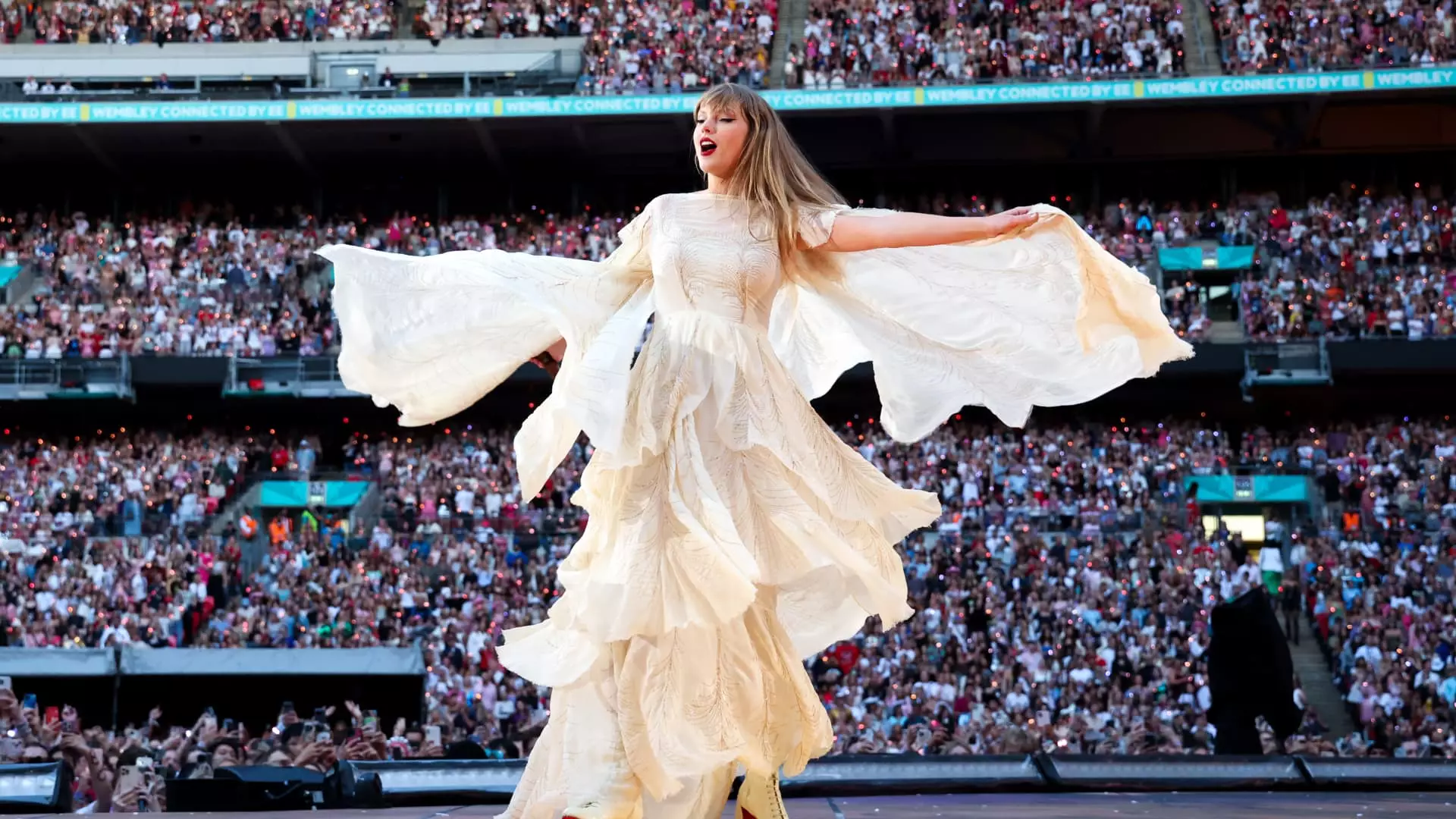In a post-pandemic world, Americans are experiencing a shift in their spending habits. Despite carrying a massive amount of credit card debt totaling $1.13 trillion, many are still eager to splurge on travel and entertainment. This trend has been coined as “funflation” by economists, describing the increasing prices of live events as consumers seek to make up for lost experiences during the Covid-19 years. The impact of the pandemic has reshaped how people think about their finances, leading to a more present-focused mindset rather than a long-term perspective.
Recent data has shown a significant surge in ticket prices for various live events. Sporting event admission prices, for example, rose by 21.7% in May 2024 compared to the previous year, marking one of the highest annualized inflation rates across all consumer price index categories. On the other hand, admission to movies, theaters, and concerts saw a more modest 3% increase annually. Overall, the consumer price index recorded a 3.3% rise in May compared to the previous year, reflecting the changing landscape of prices across the economy.
Despite the rising costs of entertainment, a considerable portion of adults are willing to take on more debt to fund their leisure activities. A report by Bankrate revealed that 38% of adults are planning to increase their debt to travel, dine out, and attend live events in the coming months. Specifically, 27% of respondents were willing to go into debt for travel, while 14% would do the same for dining out and 13% for experiencing live entertainment. The desire for out-of-home entertainment remains high, fueled in part by a “you only live once” mentality and positive economic indicators such as GDP growth and low unemployment rates, according to industry analysts.
Notably, younger adults, particularly Generation Z and millennials, were more inclined to splurge on discretionary purchases such as travel and entertainment. Despite facing the challenges of a higher cost of living, these younger demographics are taking a more relaxed approach to their financial security. While the financial landscape may be daunting for those just starting out, many believe that the experiences gained from spending on leisure activities are invaluable.
The phenomenon of “funflation” is reshaping consumer behavior and spending patterns in a post-pandemic world. As prices for live events continue to rise, individuals are increasingly willing to take on debt to fund their desired experiences. While the economic outlook remains favorable in many aspects, the long-term financial implications of this trend are yet to be fully realized. It is essential for individuals to strike a balance between enjoying the present moment and safeguarding their financial future.

